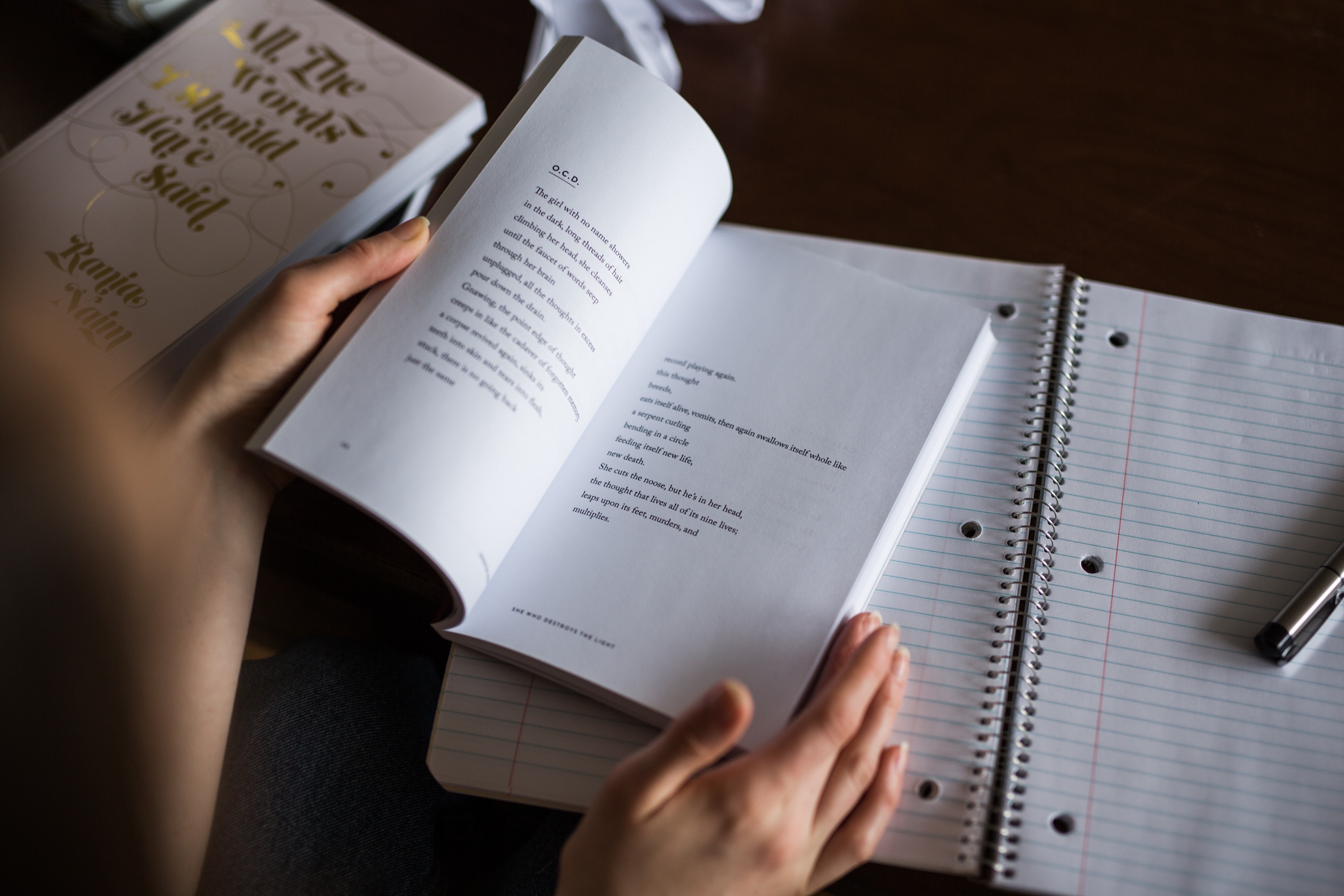I am thrilled to welcome my friend Rachel McMillian as a guest blogger this week. Ken and I are on a bike trip in Europe and I’m so thankful that Rachel was willing to help me on the blog. I hope you enjoy her writing, look for her books and add them to your “To Be Read” pile. Welcome Rachel!

As a writer, I use books as some people might a course or a workshop: studying structure, and dialogue. Noticing the way an author immerses me in a world, culture and moment in history that inspires me to read more. But reading not only enhances my ability and confidence as a writer, it helps me strive to be a better human. For instance, several publications including the Washington Post and the New York Times have lately featured research suggesting a correlation between reading and empathy. As a woman of faith, empathy is a natural extension of my Christian worldview. As a writer and reader, empathy is a sure-fire way to ensure a created character is an extension of a fictional friend.
While I read to learn from authors who excel at their craft, I also read for encouragement: to find the characters who parallel my journey, who express my doubts and my fears, who I empathizewith. When Christy Huddleston asks Miss Alice endless questions after she moves to Cutter Gap in Catherine Marshall’s masterpiece Christy, I see a bit of myself in her earnest desire to encounter God and His word on a deeper level. One of the most powerful moments in my reading life occurred when I read a scene in Lynn Austin’s Fire by Night. Julia Hoffman, a nurse in the Civil War era, recognizes she has much to offer the world beyond her cushioned upbringing and wonders how she is supposed to follow her fiancé Nathaniel Greene without question– even as God nudges her to serve others and use her recently discovered gifts:
“But aren’t women allowed to hear from God?” she asks her friend Phoebe. “Are only our fathers or our husbands qualified to tell us what God wants? I thought’s Id heart God speaking to me.[…] So should I try to become the person he wants me to be or the person God wants me to be?”
This conversation in my copy of the novel is translucent with wear, underlined and highlighted. It spoke so deeply into my own insecurities as a woman of faith and challenged me to seek out God’s voice beyond human expectation.
In Charles Dickens’ Great Expectations, grace is incarnate in the character of Joe Gargery-a kind blacksmith and the protagonist’s brother in law who time and again pays ungrateful Pip’s debts and welcomes him home with open arms despite cruel and neglectful treatment. There is empathy here, sure. There is also Christ’s love. We are alwayswelcome with Him—no matter what we have done.
So, yes, I learn about structure and syntax, story and pace when I read a novel as a writer. But most importantly reading reaffirms who I am. It challenges and encourages me. It strengthens my empathy and my Christian faith. It allows me to step into another person’s shoes and walk around in them (to paraphrase Atticus Finch in To Kill a Mockingbird).
In my latest historical series, the catalyst that sends my hero Hamish DeLuca, a talented Toronto lawyer to Boston, is a panic attack. Hamish, thus, flourishes in his adopted home: finding footing as an amateur sleuth. But, he still suffers from an anxiety and panic disorder in an era where his symptoms were heavily stigmatized and largely misunderstood. Hamish’s mental illness and his symptoms come by him honestly. I don’t impart anything on him that I have not experienced myself. In this vulnerable way, I am able to hopefully establish empathy in my relationship with my readers and combine my earnest love of writing with the hope and passion I have encountered through the fiction I re-read and cherish.
The best writers are readers.
So read on: those who read to inform their own scribblings and those who read to find themselves in other people’s pages. Read to help you become a better writer. Read because it will make you a better human. Read to ask questions and read because it asks the questions you might have been afraid to ask. Read in every occasion. Given enough time and page I guaranteeyou will find yourself—again and again— read because empathy is alive and apparent in the well-worn pages of a favourite book.
Rachel McMillan is the author of the Herringford and Watts mysteries, the Three Quarter Time series of contemporary romances set in opulent Vienna, and the Van Buren and DeLuca mysteries praised for bringing an authentic 1930’s Boston world to life while normalizing the fictional conversation surrounding mental illness. Her first work of non-fiction, described as a romantic’s guide to independent travel, releases in 2020. Rachel lives in Toronto, Canada


